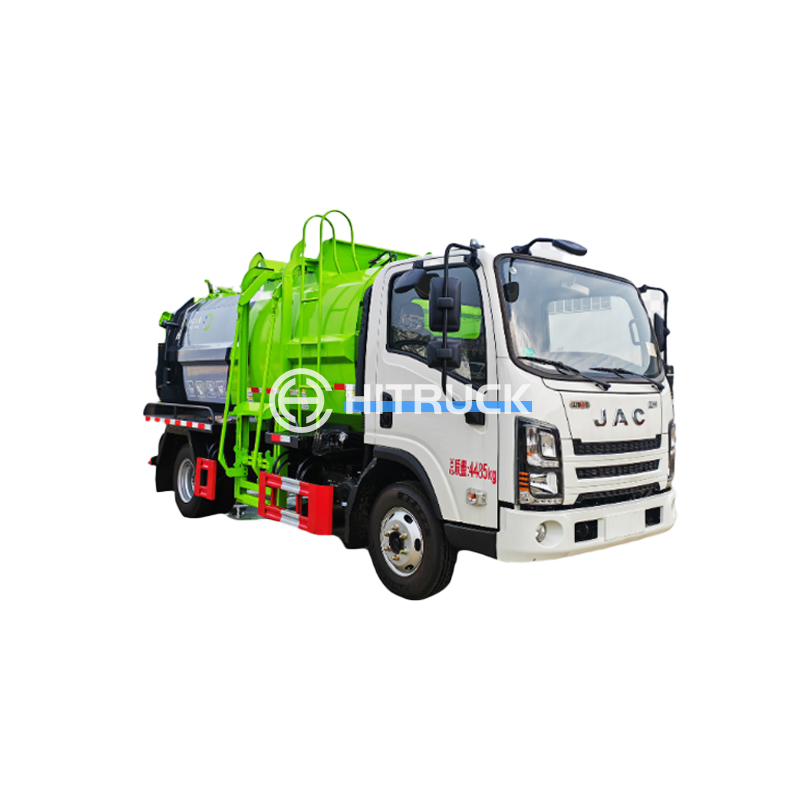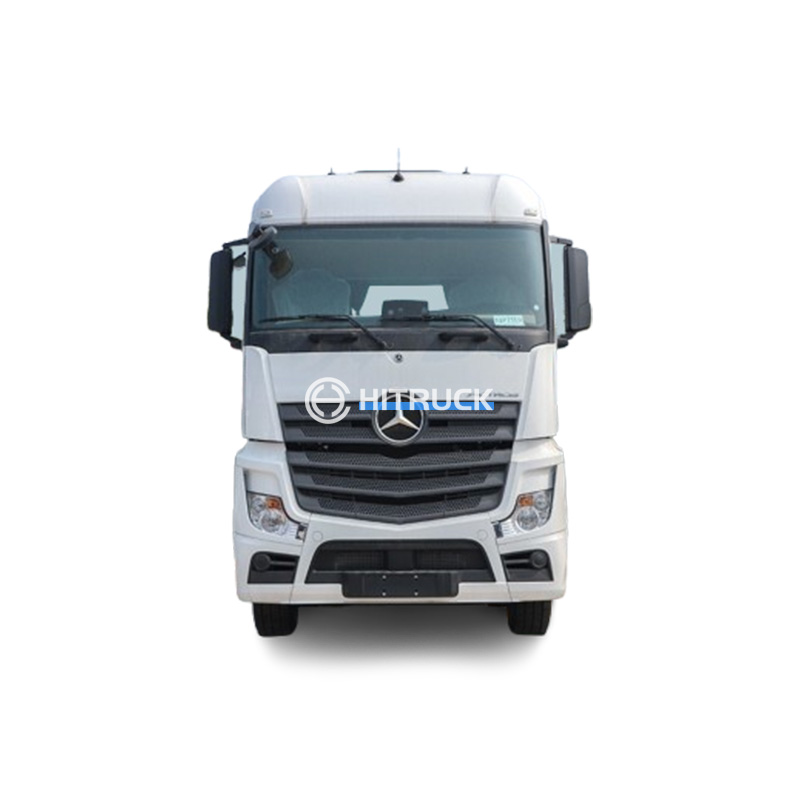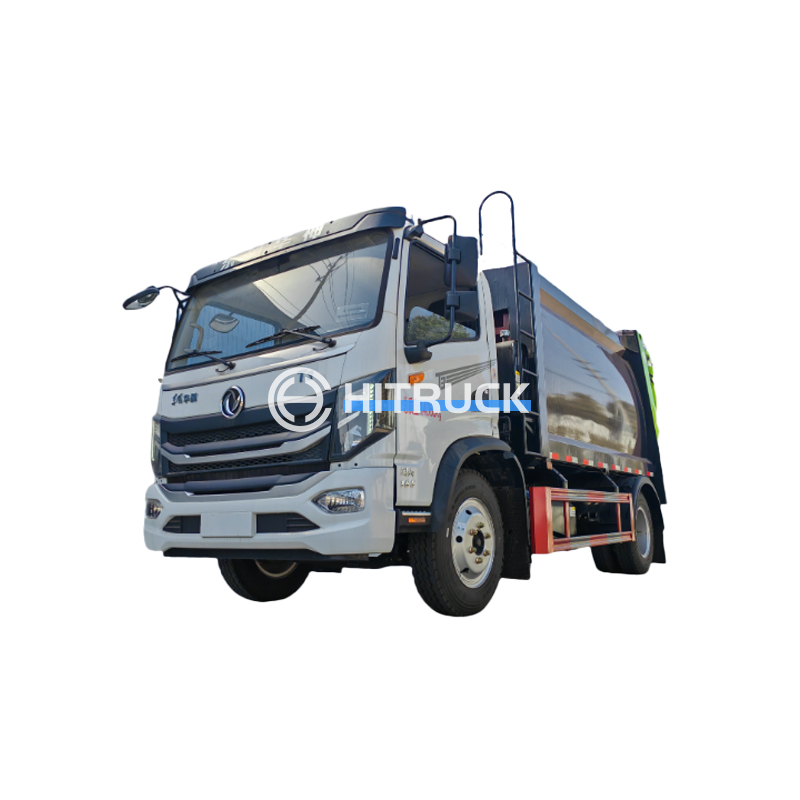This comprehensive guide explores the intricacies of 100 ton overhead cranes, covering critical aspects from selecting the right type to ensuring safe and efficient operation. We'll delve into various crane designs, capacity considerations, safety regulations, and maintenance best practices. Understanding these factors is crucial for businesses requiring heavy-lifting capabilities, maximizing productivity and minimizing risk. This guide also offers valuable insights into the lifecycle cost of ownership and considerations for long-term investment.
100 ton overhead cranes are frequently designed as double girder systems. This configuration offers superior load-bearing capacity and stability compared to single girder models, making it ideal for heavier loads and demanding industrial environments. The two girders provide increased structural rigidity and distribute the weight more evenly, reducing stress on individual components. Double girder cranes are also generally more robust and can handle more strenuous operating conditions.
While less common for 100 ton overhead crane applications, single girder designs might be considered in specific scenarios where space is limited, or a slightly lower lifting capacity is acceptable. They offer a more compact footprint and are often a more cost-effective initial investment, but may require more frequent maintenance and have a shorter lifespan under heavy usage compared to their double girder counterparts. Hitruckmall offers a wide range of cranes, including those suitable for lighter lifting tasks.
The primary factor is the required lifting capacity (100 ton in this case) and the anticipated duty cycle. The duty cycle refers to the frequency and intensity of crane usage. A high duty cycle requires a more robust and durable crane design capable of withstanding continuous operation.
Determine the required span (the distance between the crane's supporting columns) and the hook height. Accurate measurements are crucial to ensure the crane fits seamlessly within the workspace and meets operational needs. Incorrect calculations can lead to safety hazards and operational inefficiencies.
Choose between electric or diesel power, considering factors such as environmental impact, energy costs, and availability of power sources. Electric cranes are generally preferred for indoor applications due to lower emissions and quieter operation, whereas diesel cranes offer greater mobility in outdoor settings where electricity may not be readily available. Suizhou Haicang Automobile sales Co., LTD can advise on the best power solution for your specific requirements.
Regular inspections and preventative maintenance are paramount for safe operation of any 100 ton overhead crane. Adherence to industry safety standards and regulations is non-negotiable. Investing in a comprehensive maintenance program minimizes the risk of accidents and maximizes the lifespan of your equipment. Regular lubrication, component checks, and operator training are vital aspects of this process.
| Feature | Double Girder | Single Girder |
|---|---|---|
| Lifting Capacity | Higher, suitable for 100 ton loads | Lower, may not be suitable for 100 ton loads in all applications |
| Stability | Greater stability due to dual girder support | Lower stability, requiring careful consideration of load distribution |
| Cost | Higher initial investment | Lower initial investment |
| Maintenance | May require less frequent maintenance due to higher structural integrity | May require more frequent maintenance |
Remember to consult with industry professionals and adhere to all relevant safety regulations when working with heavy-duty equipment like a 100 ton overhead crane. Proper planning and ongoing maintenance are key to safe and efficient operation.
Disclaimer: This information is for general guidance only and should not be considered professional advice. Always consult with qualified engineers and crane suppliers for specific application requirements.












